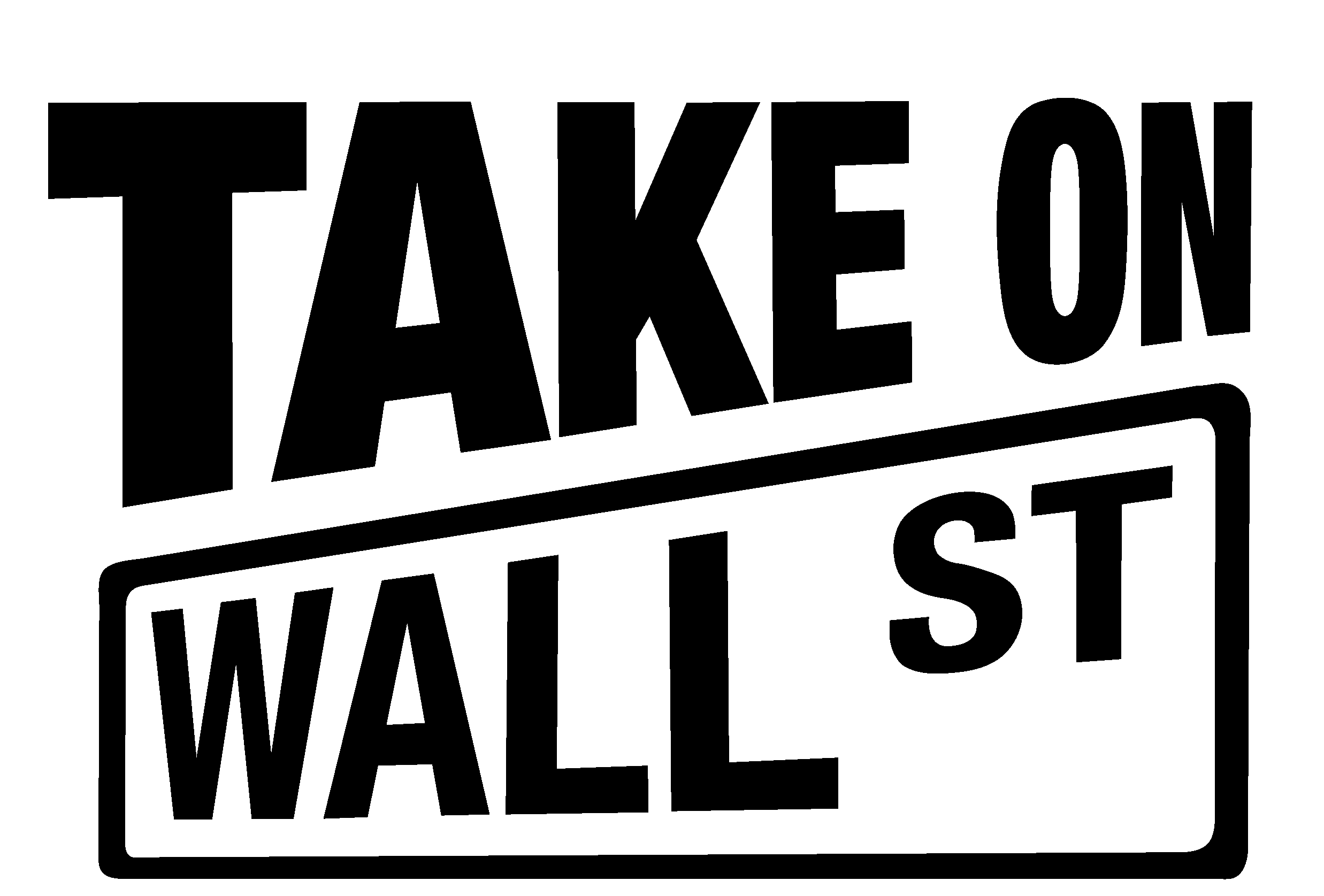 By Porter McConnell and Luísa Galvão, also featured on Inequality.org
By Porter McConnell and Luísa Galvão, also featured on Inequality.org
The eighties brought us permed bangs, acid wash jeans, and Gordon Gecko’s “greed is good” mantra. So it’s not surprising that in 1982, among other bad ideas, the Securities and Exchange Commission put into effect something called Rule 10b-18, which granted a “safe harbor” (read: free pass) to company executives who wanted to buy back their own stock to raise its price. The SEC promised it would no longer accuse executives who bought back their own stock of market manipulation, rewarding corporate greed.
What exactly is a stock buyback? Stock “buybacks” are when companies buy back their own stock from shareholders on the open market. When a share of stock is bought back, the company reduces the number of shares left in the market, which raises the price of remaining shares. Company executives have every incentive to buy back stocks, since most of their compensation today is paid in the form of stock, and a higher stock price makes them personally richer. Executives push companies to buy back billions of dollars of their own stock, juice share prices, and pass on cash to themselves and wealthy shareholders. (If you’re curious about the mechanics, check out this short visualization of how it works, or Representative Alexandria Ocasio-Cortez’s explainer at a recent House hearing.)
Over the last 15 years, 94 percent of corporate profits have gone to shareholders in the form of buybacks and dividends, instead of to workers and their families.
Stock buybacks benefit people who already have wealth, and those people are more likely to be White, and more likely to be male. Most Americans are not shareholders. Less than half of American households own stock, either directly or through a retirement account. But 94% of households in the top 1% own stock. Even fewer Americans of color are included in the term shareholders. While 60% of white households have retirement accounts or hold direct equity in the stock market, only 34% of Black households, and 30% of Latinx households, have retirement accounts.
The practice of corporate stock buybacks doesn’t just drive inequality — it drains resources for investment in workers, research and development, and the long-term growth of companies. The impact of executives and investors hoarding wealth for themselves is not just widespread inequality — it can also be deadly.
When two Boeing Max 737 planes crashed within five months of each other, we learned Boeing had recently authorized a massive $20 billion in stock buybacks at the expense of testing and safety investments. Rather than take responsibility for a faulty anti-stall system, Boeing officials, along with the head of the Federal Aviation Administration and several Republican Congressmembers, blamed the 737 MAX crash alternately on “foreign pilots” and bird strike, hoping that racism would serve as good cover for a broken and self-dealing corporate culture that was more likely to blame.
And it’s not just our ability to travel safely — stock buybacks also make our healthcare so expensive that sick people can’t afford it. According to a Roosevelt Institute report released this week, 7 out of 10 leading pharma companies spent over 100% of their net income on payments to shareholders. In other words, beyond just distributing the profits, they actually borrowed or spent company reserves to enrich shareholders. In fact, the amount pharma companies spent on stock buybacks was bigger than the entire amount they spent on research and development. One company, Pfizer, bought a drug company that makes cancer treatment drugs that costs cancer patients $22,000 a month. Then Pfizer spent $12.2 billion of its profits to buy back its own stock in 2018 to enrich executives and shareholders.
This corporate “shareholder first” model has broken corporate incentives, putting short-term profits for executives and high-end investors ahead of the long-term growth of companies, living wages for workers, and healthy communities.
But we can put a stop to this self-dealing and market manipulation in a few ways. Senator Tammy Baldwin and Congressman Chuy García led a group of lawmakers including Alexandria Ocasio-Cortez, Ro Khanna, and Rashida Tlaib to introduce legislation — the Reward Work Act of 2019 — to ban stock buybacks on the open market and require a third of corporate boards to be elected directly by workers. Because the bill isn’t likely to get signed into law by President Trump, a coalition is petitioning the Securities and Exchange Commission to revise Rule 10b-18 to curb stock buybacks even before legislative action.
The “greed is good” ethos of the 1980s may have gotten us where we are today, but it is by no means inevitable. Laws can be changed, and regulations can be enforced. We can fix the broken corporate incentive structure and put and end to Wall Street’s reign. We just need to educate ourselves, organize, and fight back.

Leave a Reply